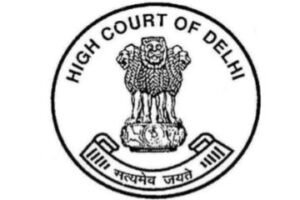Tenant can bequeath the suit property through a will even before the grant of occupancy rights. The beneficiary mentioned in the will becomes the absolute owner: Karnataka High Court
Case: Mutti AND Kucharu & Others
Coram: Justice Hanchate Sanjeevkumar
Case No.: Regular Second Appeal No 2272 of 2008
Court Observation: “Before coming into force of the Amendment Act to the K.L.R.Act, 1961, Kanja Meru had bequeathed the entire property exclusively and absolutely to the Defendant No.2, such bequeath is not hit by Section 61 of the K.L.R.Act, 1961.”
“Therefore, there is no transfer by sale, gift, exchange, mortgage, lease or assignment or any other mode. Bequeathing property by way of Will is not restricted as per Section 61 of the K.L.R.Act. Furthermore, Kanja Meru had executed a Will before grant of occupancy rights. Therefore, it is not hit by Section 61 of the K.L.R.Act.”
“Therefore, it means upon considering the intention of Kenja Meru, he bequeathed the entire property to Defendant No.2 for the reason that the Defendant No.2 was constrained to leave her husband and started to reside along with her father Kanja Meru and therefore, Kanja Meru has bequeathed property in favour of Defendant No.2. Therefore, when the defendant No.2 was residing along with her father Kanjamera, quite naturally, being the dutiful father towards his daughter for security of life has bequeathed suit schedule ‘A’ property in favour of the defendant No.2. Bequeathing the entire land itself since, as on the date of execution of Will i.e. on 05.04.1973, the Karnataka Land Reforms Act was not amended for grant of Occupancy Right.”
Previous Posts
Keywords
Tenant can bequeath the suit property, Karnataka High Court




